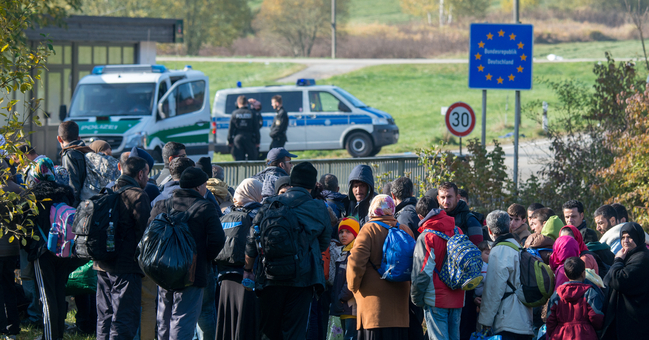By Brian Casey McDermott
2 Traditional Concept of Single Cultures
According to Welsch there are three main elements in regards to the traditional concept of single cultures i.e. social homogenization, ethnic consolidation, and intercultural delimitation. Social homogenization is the idea that a certain culture is supposed to embody and shape its members in a way that makes them a distinctive part of itself. Secondly, in regards to ethnic consolidation, he states that in the concept of single cultures that a specific culture is to be understood as the “culture of a specific folk” which can be interpreted that the specific attributes of a specific group of people or a “folk”, as he refers to it, has its own homogeneity without varying characteristics in regards to its individuals. Thirdly, with reference to intercultural delimination, he states how this specific culture should have constraints against other outside cultures i.e. should stay away from and not mix or mingle with them as not to taint their particular culture (this specific culture needs to stay separate from other cultures).
___________________________________________________________________
Contents
2 Traditional Concept of Single Cultures
2.1 Welsch’s Critique of The Traditional Concept of Single Cultures
3 Interculturality and Multiculturality
3.1 Interculturality and Welsch’s Critique
3.2 Multiculturality and Welsch’s Critique

Pingback: Transculturality and the Refugees in Germany (VII) | Galicien Zentrum der Universität Heidelberg
Pingback: Transculturality and the Refugees in Germany (V) | Galicien Zentrum der Universität Heidelberg
Pingback: Transculturality and the Refugees in Germany (VI) | Galicien Zentrum der Universität Heidelberg